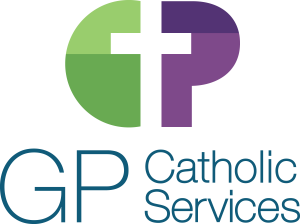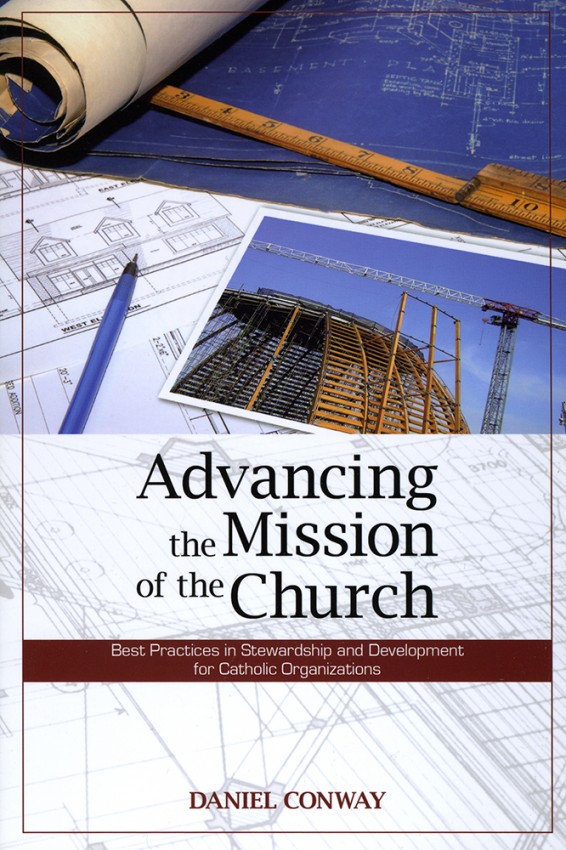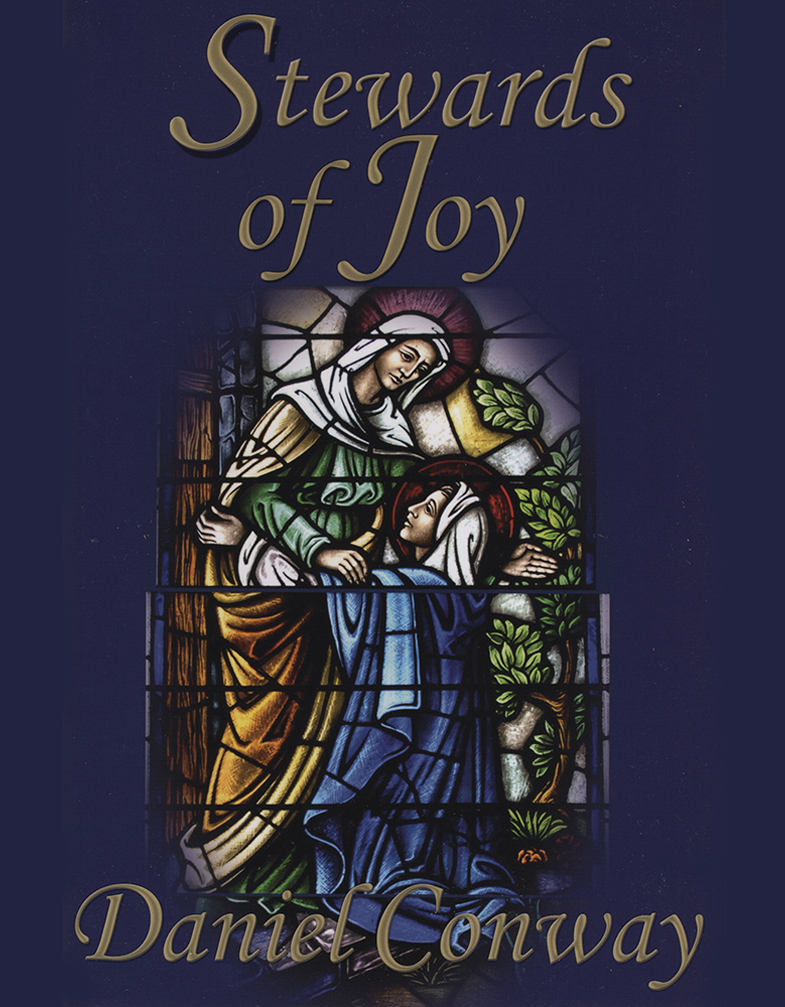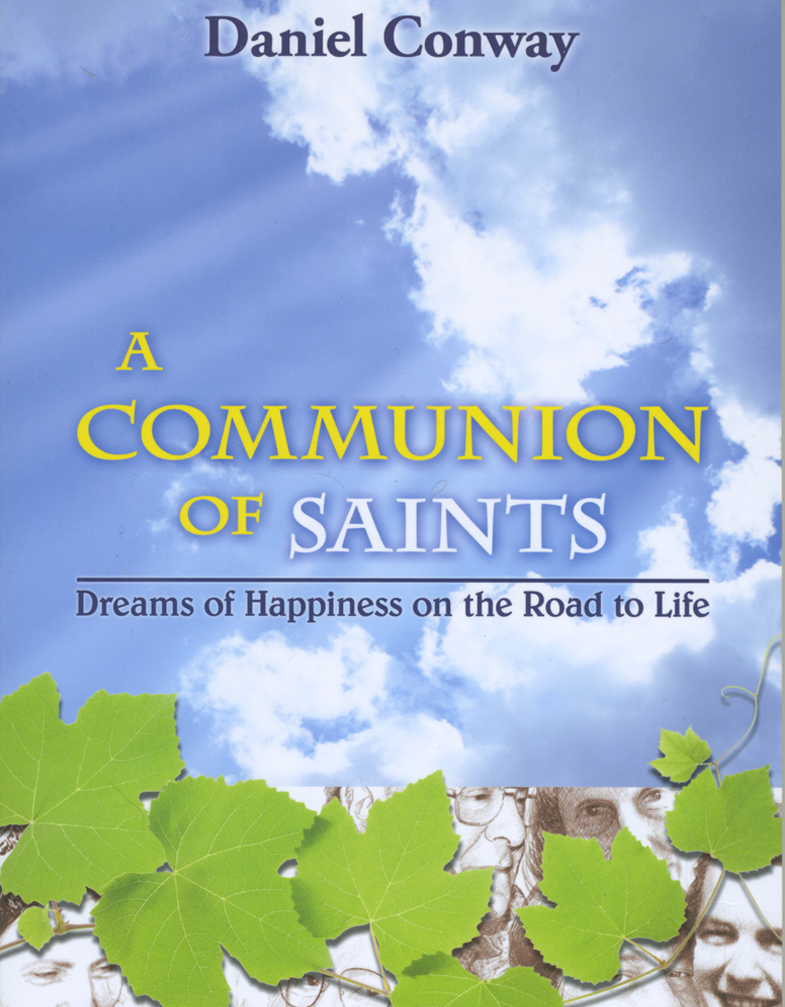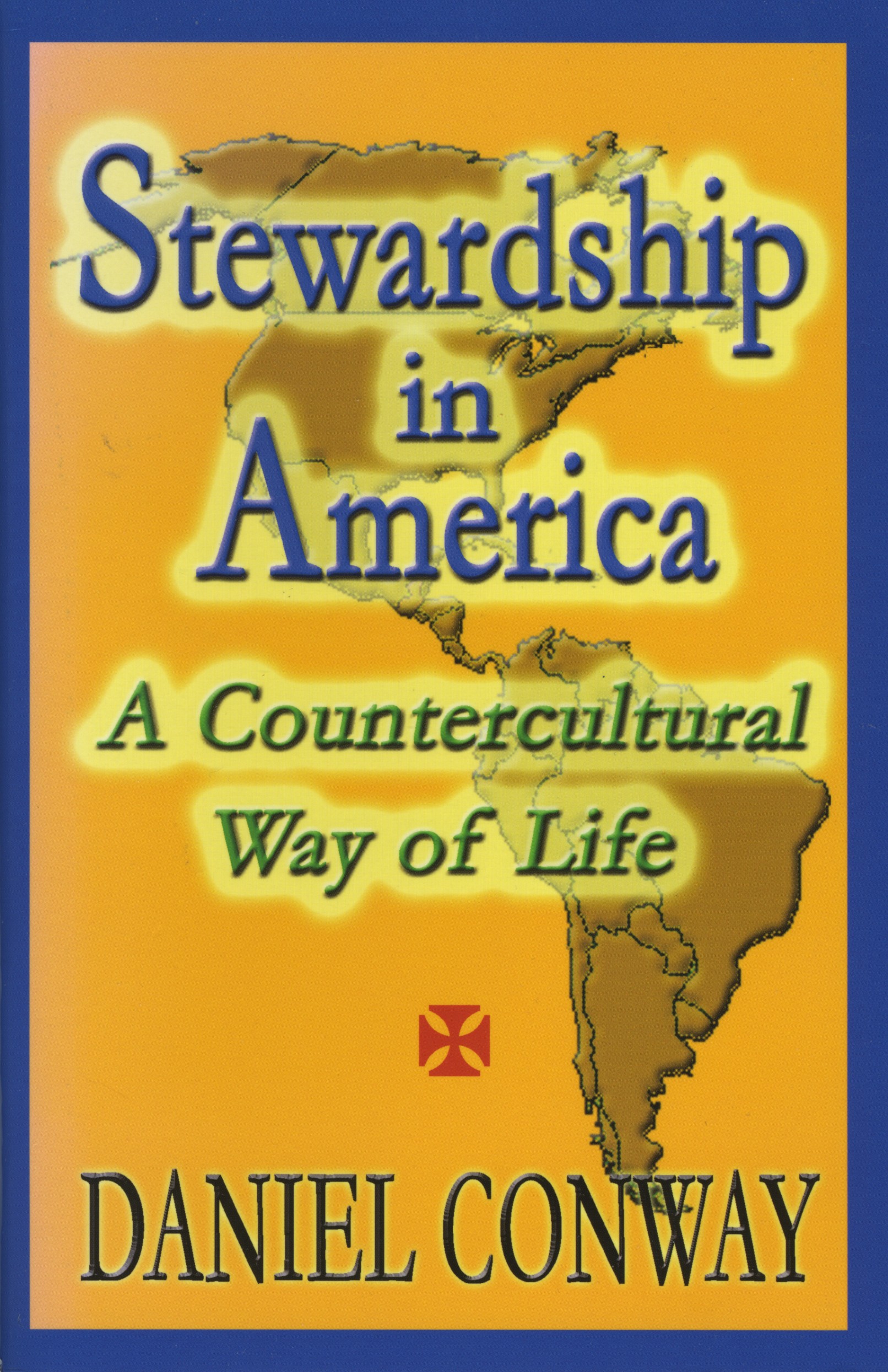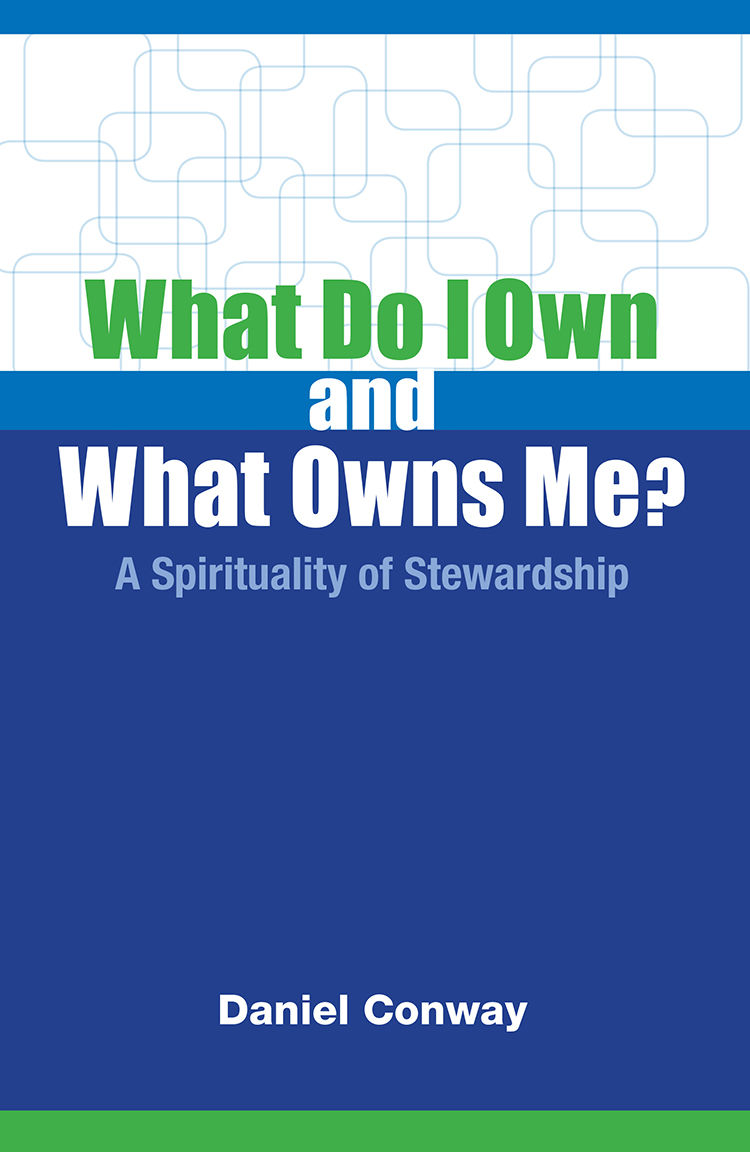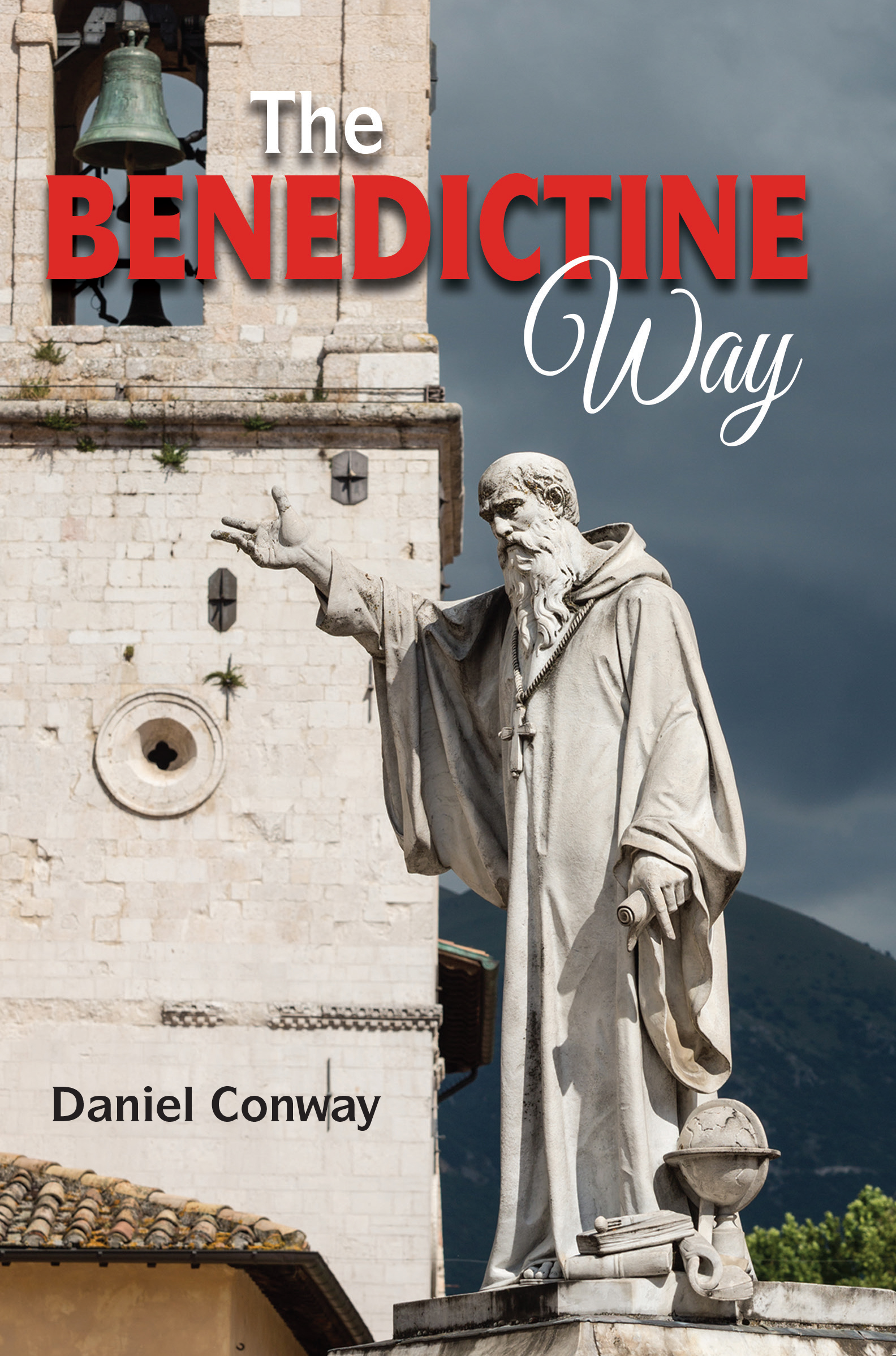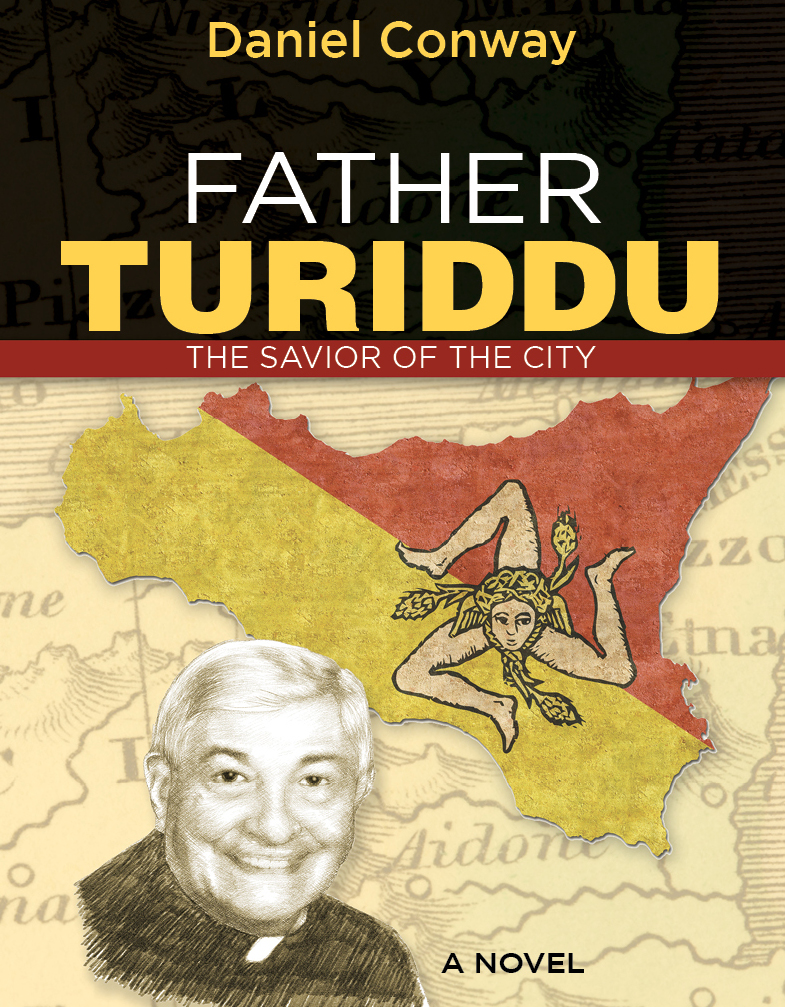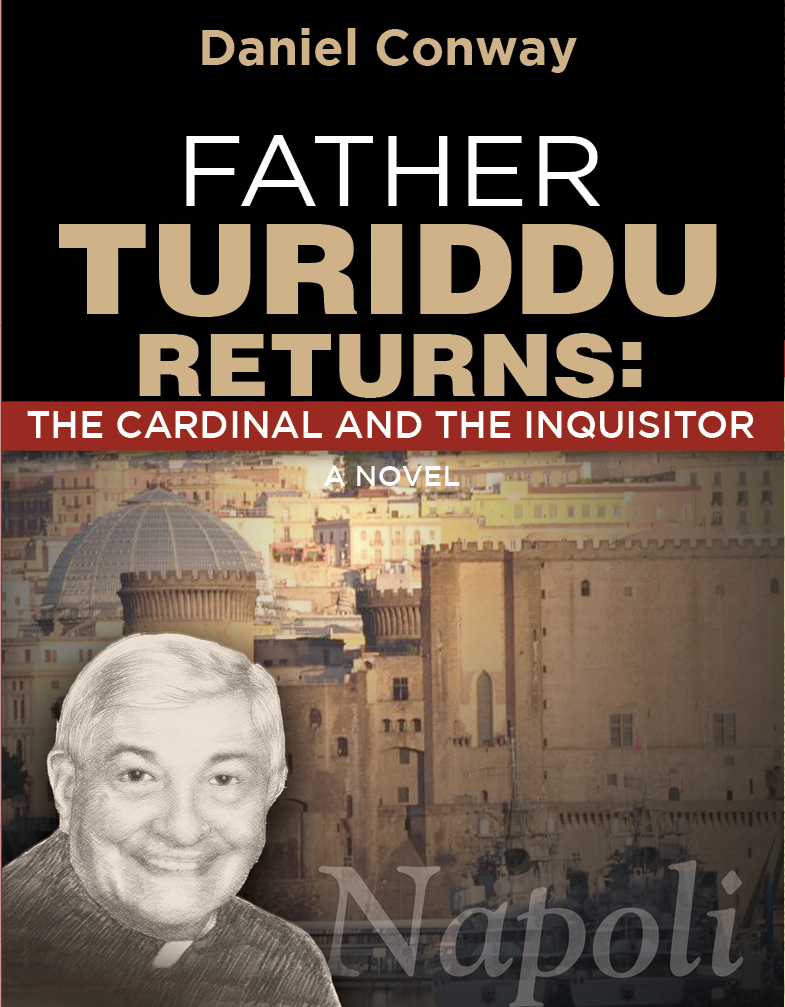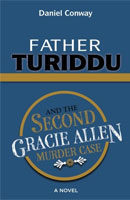It’s been nearly a quarter of century since the American bishops published their 1992 pastoral letter Stewardship: A Disciple’s Response. In the intervening years, Catholic dioceses, parishes and schools throughout the United States and many other countries have been teaching stewardship “as a way of life.”
In preparation for the 25th anniversary of “the stewardship pastoral” in November 2017, we should reexamine our assumptions about what stewardship means and what difference it makes in the lives of individuals, families and Christian communities.
Seattle Archbishop Thomas J. Murphy (1932-1997) was a principle architect of Stewardship: A Disciple’s Response. He was a passionate advocate for stewardship who traveled all over North America giving talks on the pastoral letter encouraging clergy and lay leaders to broaden and deepen their understanding of this often misunderstood concept. Archbishop Murphy frequently posed the question, “What do I own and what owns me?” He used this question to encourage his listeners to do an examination of conscience on their basic stance toward all God’s gifts—spiritual and material. Am I owned by (or obsessed with) material things? With vanity or pride? With relationships and sexuality? Or do I recognize that a good and gracious God is truly the owner of all that I possess? And do I understand and accept my role as the steward (caretaker, manager or guardian) of all that God has given me including my mind, my emotions, my talents and my material possessions?
Archbishop Murphy’s approach was unconventional. Sometime it was threatening. In 1992 most Catholics (including most clergy) didn’t talk about stewardship much. When they did, they used the still-popular imagery of “time, talent and treasure.” That meant they regarded stewardship as a means for recruiting volunteers or raising money. They did not consider it to be a practical form of spirituality or a way of living the Gospel.
Archbishop Murphy and the committee of bishops who wrote the stewardship pastoral (with input from many priests, religious and lay people, including Protestants who had been talking about stewardship a whole lot longer than Catholics) were determined to change things. They wanted Catholics to recognize in stewardship the universal call to holiness and the Lord’s invitation to a radical form of conversion. Their most fundamental conviction was that stewardship was a way of living the Gospel that is ideally suited to the circumstances facing “Catholic citizens of a wealthy, powerful nation facing many questions about its role in the waning years of a troubled century, members of a community blessed with many human and material resources, yet often uncertain about how to sustain and use them” (Thomas J. Murphy, stewardship talk, Indianapolis, Indiana, November 29, 1993).
In the nearly 25 years that have passed, what progress have we made? Do our priests and people have a richer understanding of the spirituality of stewardship or are we still focused on time, talent and treasure? Does the Catholic community as a whole accept its prophetic role in shaping the values of 21st century America? Or are we still troubled and uncertain about how to sustain and use the incredible gifts our generous and loving God has entrusted to our care?
In other words, do we ask ourselves, “What do I own and what owns me?” Or do we presume that what we have belongs to us to do with as we think best?
When we take this stewardship question seriously, our focus switches from what is self-serving to what best serves the needs of others. Accepting the fact that God alone is the owner—and that we are called to be God’s trusted stewards—changes everything. We see ourselves and the world around us with new eyes. We take what has been freely given to us and we grow it and share it for the good of all.
Dioceses, parishes and schools who embrace stewardship as a way of life gain a totally new perspective on the challenges they face carrying out the Church’s mission. Instead of seeking gifts of time, talent and treasure (as important as these are), we seek disciples who are eager to give up everything they possess in order to follow Christ wholeheartedly. Naïve? Impossible? Hopeless? It’s often tempting to think so, but 2000 years of Christian history have proven beyond all doubt that when disciples “seek first the kingdom of God,” everything else the Church needs will be given to us.
Stewardship is essential to what Pope Francis calls “missionary discipleship.” We are called to be faithful and responsible stewards of all God’s gifts, including our time, talent and treasure—and much more besides. May the gracious God who gives us everything inspire us to be generous stewards of all that we have and are!
Copyright © 2016, Daniel Conway Permission is given to copy and distribute this Good Steward Newsletter for use in religious or educational settings provided that proper attribution is given to the author. This publication may not be sold or distributed to the general public without the express permission of the author.

